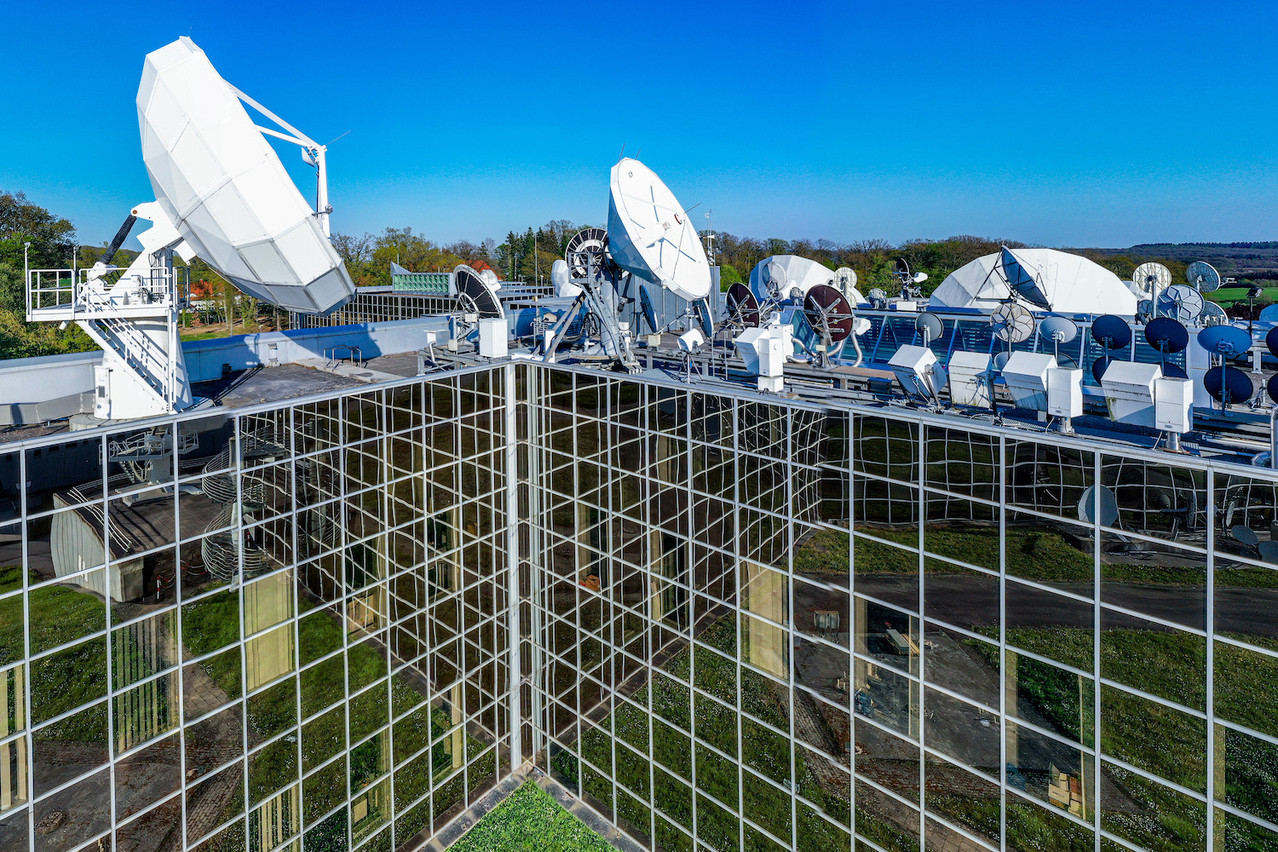The two entities have been collaborating on research in the area of satellite technology since 2010, including projects involving the European Space Agency and the European Commission’s Horizon 2020 programme.
“The past 11 years has seen us achieve great success in our research activities with SES, spearheading new technologies with impact on standardisation, satellite-terrestrial integration, 5G and more,” said SnT director Björn Ottersten. “We are delighted to expand the collaboration and broaden into new areas that will benefit information and communication technologies both in Luxembourg and beyond.”
The laboratory will specialise in high-throughput satellite systems and next-generation networks, tackling areas such as quantum communications and cybersecurity. The partnership will focus on studying the potential of next-generation satellite systems and capabilities, such as SES’s medium Earth orbit (MEO) fleet.
SES is planning to launch the first three of its so-called O3b mPower satellites--its new medium Earth orbit system--in December. Two further launches are scheduled for next year.
Customers include , mobile network provider Orange and cruise operators such as Carnival and Virgin Voyages.
“This partnership extension comes at a very important time as we are putting in place next-generation space and ground systems to enable the growing connectivity demand in the high-performance networks,” said Ruy Pinto, chief technology officer at SES. “Not only do the R&D activities with SnT benefit Luxembourg’s initiatives, this will also set the path for scaling them on a global level, leveraging SES’s multi-orbit capabilities and services delivered around the world.”
The partners will have access to Luxembourg’s Meluxina supercomputer, which offering high-performance computing power to companies and research institutions. “In the framework of the joint SnT-SES lab, the team will test algorithms for radio resource allocation for broadband satellite communications systems to maximise the system performance and to dynamically assign the resources based on user traffic demands,” the partners said in a press release.
